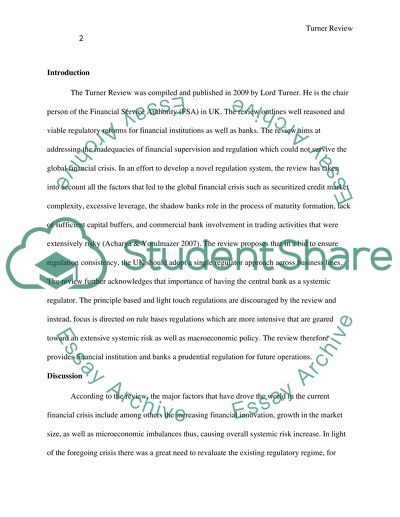Cite this document
(“Turner Review Essay Example | Topics and Well Written Essays - 2500 words”, n.d.)
Turner Review Essay Example | Topics and Well Written Essays - 2500 words. Retrieved from https://studentshare.org/finance-accounting/1593955-turner-review
Turner Review Essay Example | Topics and Well Written Essays - 2500 words. Retrieved from https://studentshare.org/finance-accounting/1593955-turner-review
(Turner Review Essay Example | Topics and Well Written Essays - 2500 Words)
Turner Review Essay Example | Topics and Well Written Essays - 2500 Words. https://studentshare.org/finance-accounting/1593955-turner-review.
Turner Review Essay Example | Topics and Well Written Essays - 2500 Words. https://studentshare.org/finance-accounting/1593955-turner-review.
“Turner Review Essay Example | Topics and Well Written Essays - 2500 Words”, n.d. https://studentshare.org/finance-accounting/1593955-turner-review.


